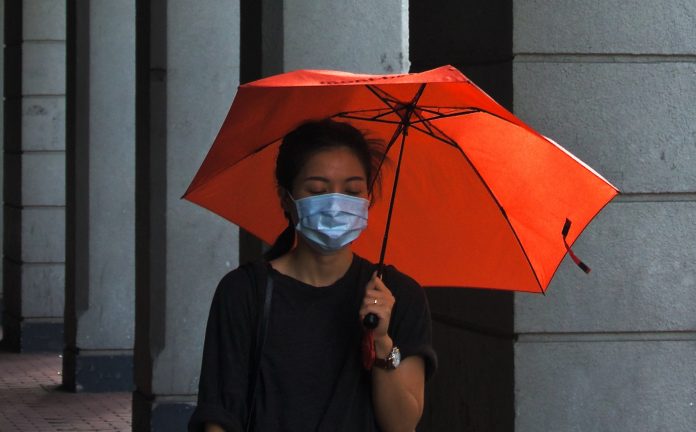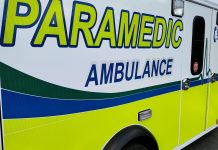UPDATE: As of Jan. 27, two presumptive positive cases of coronavirus have been confirmed in Toronto. The two patients are a husband and wife that recently returned from Wuhan. Samples from both individuals have been sent to a laboratory for full confirmation.
No cases of the Wuhan coronavirus have been identified in Canada, but even though risk remains low for the region, the Simcoe Muskoka District Health Unit (SMDHU) is working to put measures in place to protect residents if the virus does appear.
The coronavirus is a respiratory virus with pneumonia-like symptoms that emerged in Wuhan, China at the end of last year. Coronaviruses are a group of viruses that cause illnesses such as the common cold as well as more serious diseases, including SARS. The new strain of coronavirus is believed to have originated through contact with animals, according to the World Health Organization, and is now spreading person-to-person. Human coronaviruses are typically spread from an infected person to others by coughing and sneezing, close personal contact, or touching an object or surface with the virus on it, similar to the flu or a cold. Symptoms are generally mild to moderate and often include runny nose, headache, cough, sore throat and a general feeling of being unwell. The majority of those affected by the virus are in China or other parts of Asia along with two confirmed cases in the US.
“The virus has not been identified in Canada, but we know that diseases don’t respect borders and can spread,” said Dr. Charles Gardner, medical officer of health for the SMDHU. “Based on our previous experience with SARS, we know we have to be ready if and when it appears, and that means working with both the province and our health care partners to ensure we have a coordinated response.”
The health unit is working within its infectious diseases emergency response plan and provincial screening recommendations are being provided to health care facilities. The disease is now reportable to Public Health as well, according to the health unit, which means that Public Health can track and investigate cases of the disease and close contacts.
The SMDHU recommends protecting yourself by cleaning your hands often though washing with soap and water or using an alcohol-based hand sanitizer. To help reduce the spread of respiratory infections such as coronavirus, the unit also urges people cover their mouth and nose with a tissue or their sleeve (not their hands) when coughing or sneezing and to stay home when feeling sick.
If you have a fever and symptoms of lower respiratory illness, such as a cough, AND have traveled from Wuhan City, China in the 14 days before your symptoms started, or have been in close contact with a person who may have this infection, you should be assessed by a health care provider. If at all possible, make sure to call ahead to let them know you’re coming so that infection control measures can be put in place.
For more information, visit the SMDHU website or call Health Connection at 705-721-7520 or 1-877-721-7520, weekdays from 8:30 a.m. to 4:30 p.m.








